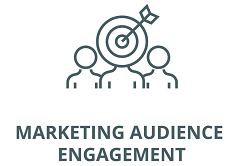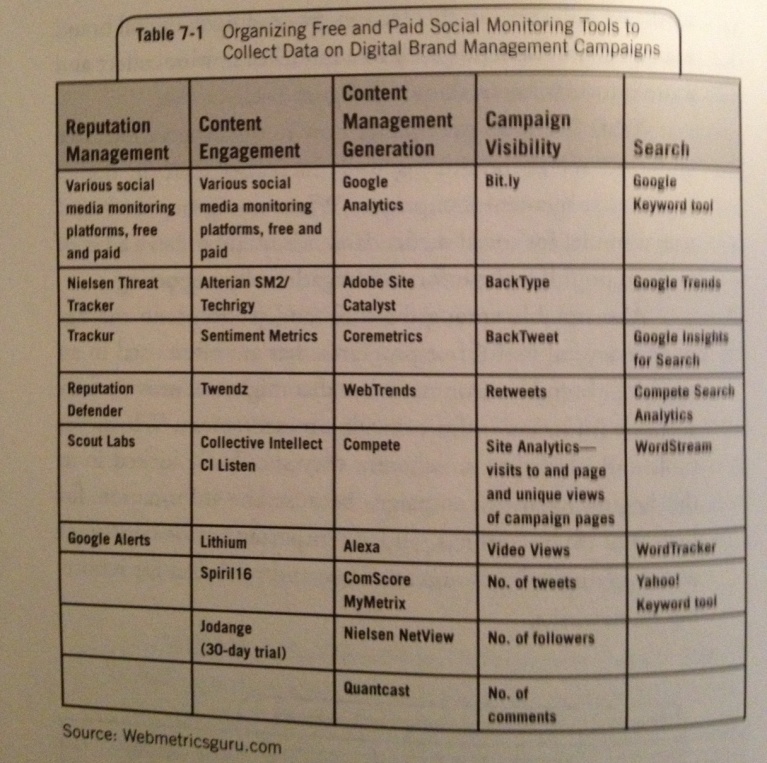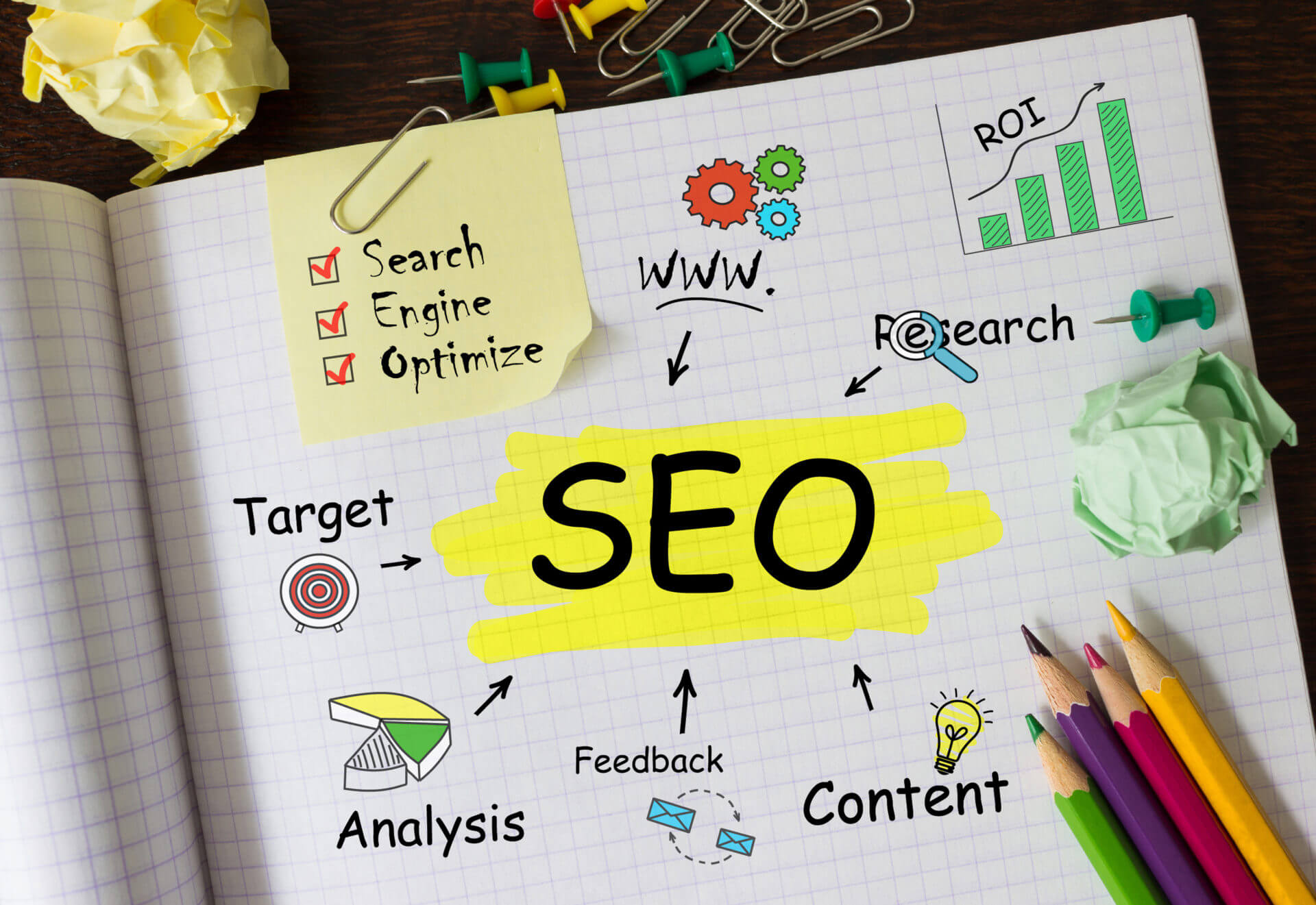Introduction
Content marketing has become a crucial element in the success of businesses online. In today’s digital era, where consumers are overwhelmed with information and have multiple platforms to engage with brands, strategic content marketing has emerged as a powerful tool to cut through the noise and connect with the target audience effectively. To harness the true potential of content marketing, businesses need a well-defined framework that aligns their marketing efforts with their overall growth objectives. This blog post will explore the importance of strategic content marketing and provide insights into building a framework that drives business growth.
Why Content Marketing is Essential for Business Growth
Content marketing plays a crucial role in the growth of businesses in today’s digital age. It involves creating and distributing valuable, relevant, and consistent content to attract and engage a target audience. By implementing a well-defined content marketing strategy, businesses can establish their brand, drive traffic to their websites, generate leads, and ultimately boost sales.
Understanding the Framework for Strategic Content Marketing
Before diving into the various components of a strategic content marketing framework, it’s important to understand the overall structure. A well-crafted content marketing framework consists of the following key elements:
1. Goal Setting
Identify your business goals and align them with your content marketing objectives. Whether it’s increasing brand awareness, driving website traffic, or generating leads, clearly define what you want to achieve through your content marketing efforts.
2. Target Audience Research
Conduct comprehensive research to gain insights into your target audience’s demographics, preferences, and behavior. This will help you create content that resonates with your audience and drives engagement.
3. Content Planning
Create an editorial calendar to plan and organize your content creation and distribution. This will ensure consistency and enable you to stay on track with your content marketing strategy.
4. Content Creation
Produce high-quality, valuable, and relevant content that caters to the needs and interests of your target audience. This can include blog posts, articles, videos, infographics, and more.
5. Content Distribution
Identify the most effective channels for distributing your content, such as social media platforms, email marketing, guest blogging, and influencer collaborations. This will help you reach a wider audience and increase visibility.
6. SEO Optimization
Optimize your content with relevant keywords, meta tags, and descriptions to improve search engine rankings and increase organic traffic to your website.
7. Performance Measurement
Regularly monitor and analyze the performance of your content marketing efforts using key metrics such as website traffic, engagement rates, conversion rates, and ROI. This will help you identify areas for improvement and make data-driven decisions.
8. Continuous Improvement
Based on the insights gained from performance measurement, continuously refine and enhance your content marketing strategy. Experiment with different approaches, test new content formats, and adapt to ever-changing market trends.
The Benefits of Implementing a Strategic Content Marketing Framework
Implementing a strategic content marketing framework offers several benefits for businesses:
1. Increased Brand Awareness
By consistently creating and distributing valuable content, businesses can establish themselves as industry leaders and increase brand visibility.
2. Enhanced Customer Engagement
Engaging and relevant content helps build a loyal customer base, fosters trust, and encourages audience interaction and feedback.
3. Improved Search Engine Rankings
Optimizing content for search engines increases the chances of appearing higher in search results, driving organic traffic to your website.
4. Lead Generation and Conversion
Quality content attracts potential customers, generates leads, and nurtures them through the sales funnel, resulting in increased conversions.
Strategic Content Marketing: Building a Framework for Business Growth
Summary

Strategic content marketing is the deliberate and purposeful creation, distribution, and management of valuable and relevant content to attract, engage, and retain a target audience, ultimately driving profitable customer action. It goes beyond simply creating content for the sake of it, instead focusing on aligning marketing efforts with business goals and customer needs.
This blog post will delve into the key components of a strategic content marketing framework, including:
- Defining marketing objectives and target audience
- Conducting thorough market research and competitor analysis
- Developing a content strategy and editorial calendar
- Creating high-quality and valuable content
- Distributing content through appropriate channels
- Measuring and analyzing the effec Get More Information tiveness of content marketing efforts
- Iterating and optimizing the content strategy based on data-driven insights

Hello, I’m Brodie Groom, a professional Content Writer specializing in SEO Testing, Algorithm Research, Ranking Analysis, and Data Analytics. With a passion for all things digital, I thrive on helping businesses optimize their online presence and achieve their goals through strategic content creation.





